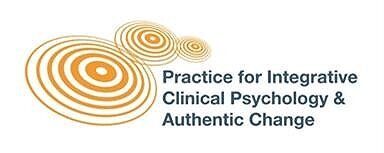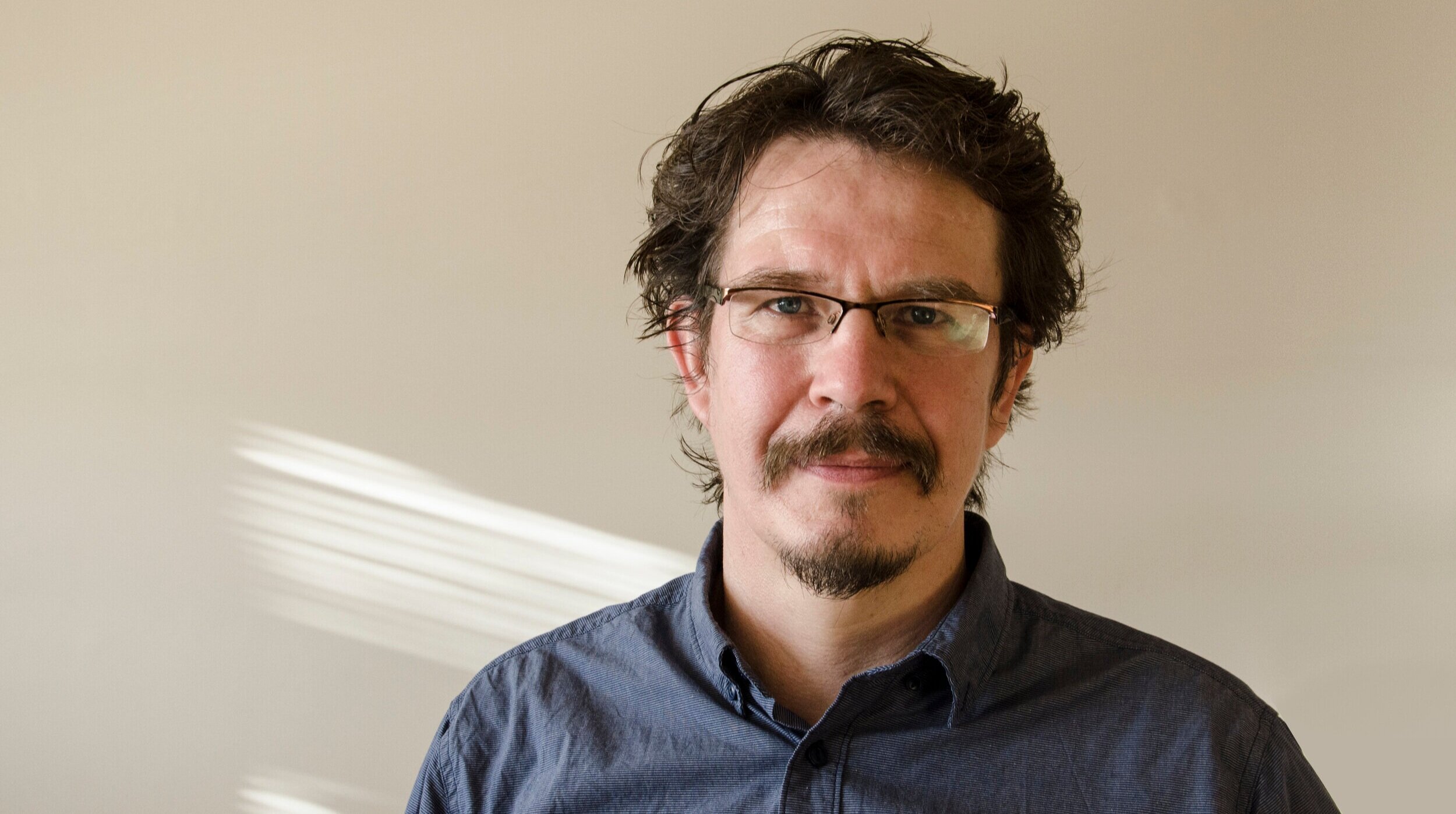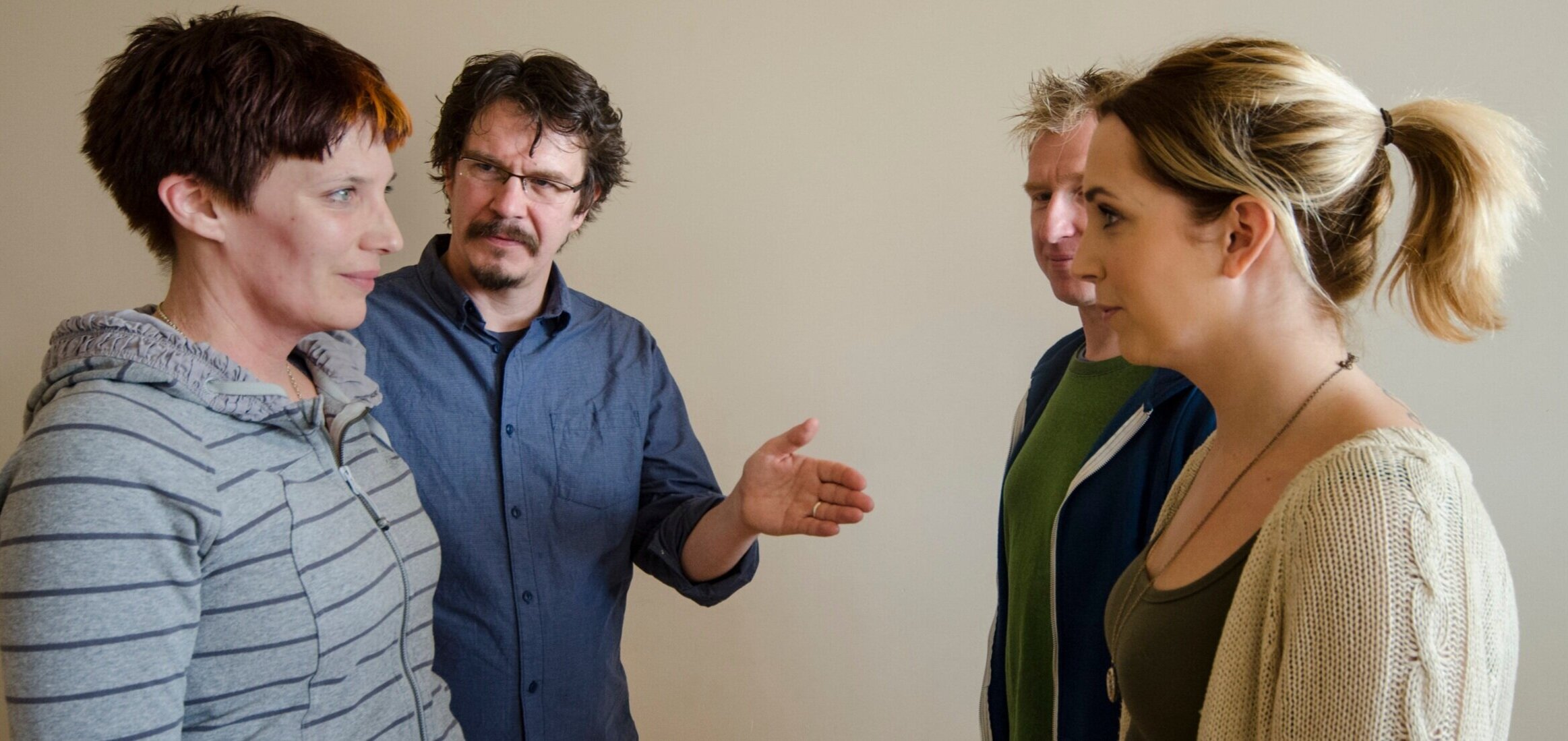ABOUT BEANT PETER
The "Practice for integrative Clinical Psychology and Authentic Change" was founded in 2009 as the culmination of my years of training, experience and learning as a clinical psychologist and psychotherapist and as a platform to offer my services.
As an AHPRA approved clinical psychologist I am a member of the Australian Psychological Society (APS), the BDP (the association of German psychologists) and the International Systemic Constellation Association (ISCA). Besides my university training I have undergone many years of post-graduate training in a whole range of different but very compatible approaches. I am trained in solution-focused methods, Hypnotherapy and CBT and hold a certificate as Systemic Family Therapist (WISL, Wiesloch, Germany) and Psychodrama therapist (Psychodrama Institut Münster). I also studied Systemic Family Constellation Work for many years with renowned European teachers like Gunthard Weber and Matthias Varga von Kibed. I have also been a Kundalini Yoga teacher since 1996 and although not teaching any more actively I did so for many years in Germany.
I have worked as a clinical psychologist and psychotherapist for individuals, couples and families in the clinical field for more than 20 years and draw from a rich store of experience of working with thousands of people from all social contexts with all kinds of issues in the field of mental health and personal growth. I am also an experienced facilitator of family and structural constellations and have conducted regular weekend workshops in this truly amazing approach since 2005.
I moved from my home town in the south of Germany to Berlin in 1993, where I lived and worked for 16 years as a psychologist, psychotherapist, family therapist and Yoga teacher, joined by my Australian wife in 2001. We moved with our 3 children to Perth at the end of 2009. Since being in Australia I have worked with Relationships Australia before moving into full time private practice in 2012.
About the methods I employ:
Although meaningful and often powerful, the specific methods and techniques are probably not as important as the human attitude behind them. This attitude will hold the relationship between the therapist and a client and provide the ground to move forward.
However, of course methods and techniques are applied and here are some which my clients and I have found most useful.
The backbone of my work is the systemic approach which in itself draws from many different sources like psychology, cybernetics, biology and sociology. Another important influence is the solution-focused approach represented through Steve de Shazer and Insoo Kim Berg. Hypnotherapy as it was taught by Milton Erickson and is now represented by Stephen Gilligan, Gunther Schmidt and others offers often surprisingly simple ways to access hidden resources. The work with systemic laws rediscovered and developed by Bert Hellinger which led to the widely influential work of Systemic Family Constellations and the further applications developed by Insa Sparrer and Matthias Varga von Kibed are also an important reference which informs my work. Elements of Emotional Focused Therapy (EFT) help to give space to emotionally charged material and cognitive behavioural techniques help to integrate and anchor newly learned behaviour in every day life. Last but not least I find mindfulness and associated conceptualisations like Acceptance and Commitment therapy (ACT) very helpful and apply them on a regular basis with my clients. Apart from this, so many valuable contributions have been made by almost every school of therapy, that they all have their spaces and moments."
ABOUT THE PRINCIPLES OF MY PRACTICE
In my practice I am committed to the highest professional and ethical standards, reflected also through the ethical guidelines of the Australian Psychological Society (APS) and the Association of German Psychologists (BDP), of both of which I am a member.
I am committed to providing a safe, mindful and confidential space in which you as a client can speak and express what concerns you and with increasing comfort can start to explore ways to move towards your therapeutic goals and what I call authentic change. Authentic change isn't just a bandaid. Authentic change is sustainable because it is real.
It comes from within and is what we call intrinsically motivated i.e. it is not primarily motivated by outer circumstances and/or external factors, although the need to change often arises through external triggers. For authentic change to happen and take root in us we need a conducive environment, a space in which we are met with kindness, compassion and understanding and in which we sense that we can show how we look on the inside without being judged. Acceptance of what is (even if it’s uncomfortable) is a pivotal ingredient which precedes meaningful change. The space I offer is a continuous invitation to do that.
As human beings we're all complex living systems. We are all interconnected and on a continuous journey of learning. We learn through relationships and communication and it’s this authentic relating and communicating in the human relationship which I see as being at the centre of the therapeutic process.
As human beings we exist in space and time. My therapeutic framework honours that by including multiple perspectives:
intra-psychological (inner space and time),
inter-personal (space and time we share with others) and
trans-generational (space and time of our ancestry).
It’s the unique combination and integration of these perspectives, which are different for every human being, which help to facilitate meaningful change of perspective, attitude, emotional and energetic state and behaviour.
The word therapy comes from the Greek language and its original meaning is to serve and accompany, which highlights the human relationship as a potential means for healing. In this sense, psychotherapy is both a science and an art. This understanding informs my work with each individual client and you as a client can expect an individual approach which is tailored to your individual needs.


